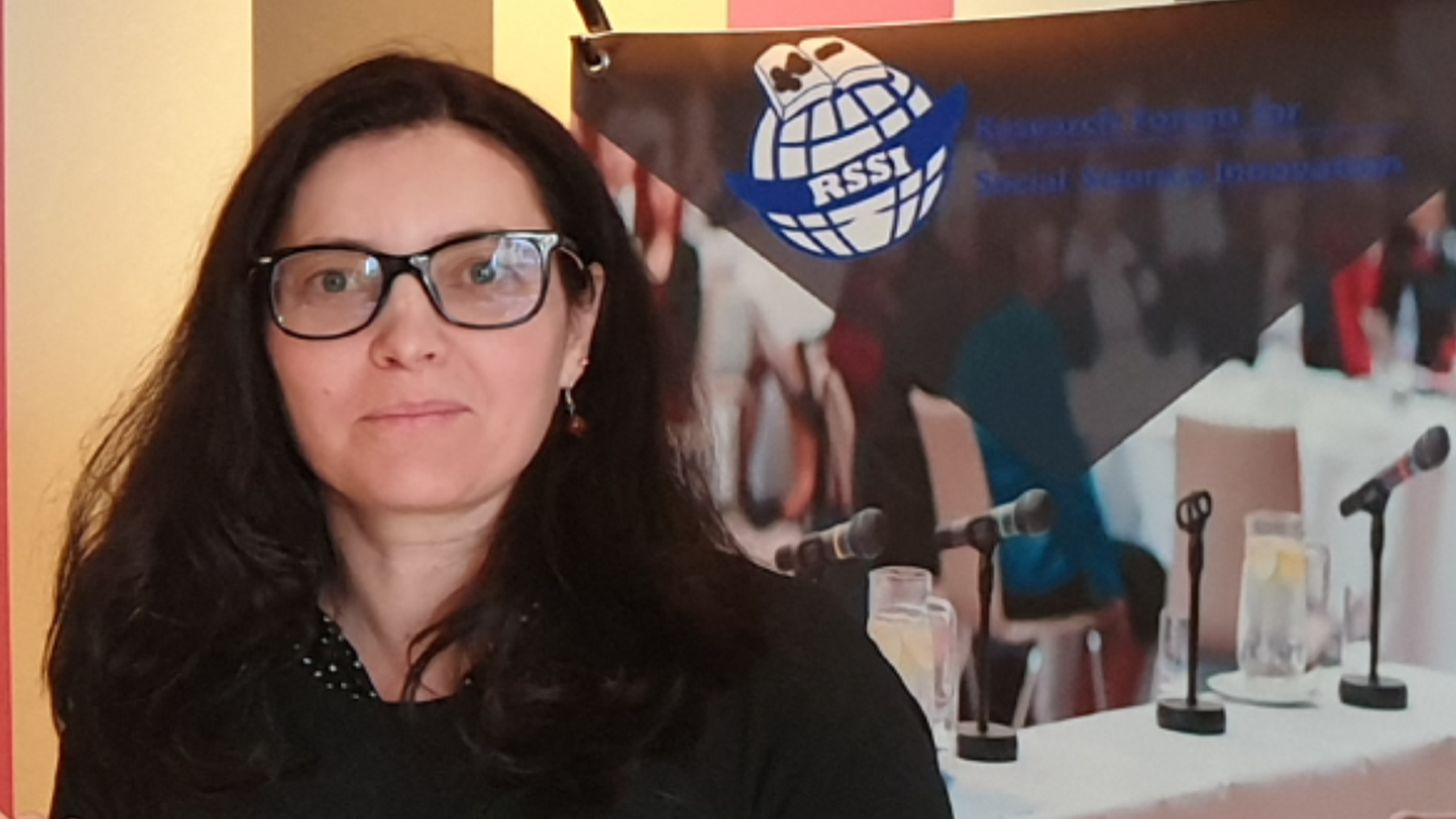Professor Margareta Thomson Co-edits Book on Non-formal Education and Interdisciplinary Research

Margareta Thomson, Ph.D., a professor of educational psychology in the NC State College of Education, has co-edited a new book that is one of several research collaborations with international faculty that resulted from her time as a Fulbright Scholar.
Theoretical and Practical Approaches to Non-Formal Education: Interdisciplinary Examinations into Various Instructional Models is an edited volume exploring ways to improve learning via non-formal education by compiling research from various disciplines and learning contexts.
The volume presents insights into designing and carrying out non-formal education activities, operational management strategies related to non-formal education, activating and creating the well-being of participants in non-formal education activities and implementing active learning.
By sharing original perspectives, the authors tackle the topic of non-formal education from a variety of disciplines including science education, psychology, computer science, literacy and the arts.
The book, which is designed to be accessible to educators, parents, researchers, education specialists and community groups that work with teachers and youth, includes chapters co-authored by Thomson that focus on research she has engaged in over the past several years.
The “Developing STEM Motivation Through Immersive Research Experiences” chapter highlights a six-year project funded by the National Institutes of Health (NIH) that provides high school teachers with professional opportunities to enhance their expertise in environmental science.
Through this project, which is a collaboration with faculty from the Department of Biological Sciences at NC State and hosted at the Center for Human Health and the Environment, teachers from high-poverty schools are immersed in an eight week summer program, where they have an opportunity to work alongside scientists.
The centerpiece of the program, Thomson said, is the inclusion of individual, mentored research experiences in host labs from biomedical research communities at the Center for Human Health and the Environment and the Comparative Medicine Institute.
“Teachers are integrated into genuine research projects, gaining knowledge of how scientific research is conducted,” Thomson said. “The valuable knowledge and skills gained by teachers are transferred into classrooms, thus helping students become more motivated to learn environmental science and pursue science careers.”
The chapter entitled “Fostering Motivation Among Students Through Role Models: An Interdisciplinary Program Intervention ” focuses on an interdisciplinary K-12 program implemented in public schools in Romania as part of Thomson’s Fulbright Award research project.
Designed for middle-school students, the study aimed to develop STEM motivation and science domain identification through a cognitive mentorship approach in which role model scientists were presented to students to illustrate how success can be achieved when effort and persistence are valued. A strong component of the project, Thomson said, was the interdisciplinary collaboration, as faculty involved in the project had expertise in various fields such as educational psychology, biology, science education and teacher training.
In addition to chapters co-authored by Thomson, the book features chapters from contributing authors from around the world including the United States, Indonesia, Italy, Romania and Spain.
Projects described in the book were implemented in several countries and focus either on student learning and student experiences or on teacher learning and teacher experiences.
For example, one chapter of the book focuses on the “Migrant School” network of informal schools in Italy that has been providing free, open-enrollment Italian as a second language courses for immigrants through the cooperation of associations, non-governmental organizations, community and school groups since 2009. Another chapter focuses on the European BIOAPI-OER project, which is designed to enhance and expand partnerships between international networks working on various science topics by hosting interns, lecturers, and undergraduate and doctoral students in research centers that use bees as bioindicators.
“Such projects can serve as models for other similar projects or can serve as a foundation for further exploration into these important topics,” Thomson said. “Moreover, components of these projects can be replicated in various countries and across different learning contexts where formal or informal learning occurs, such as K-12 classrooms, afterschool programs, community-wide programs or mentoring programs.”
- Categories:


